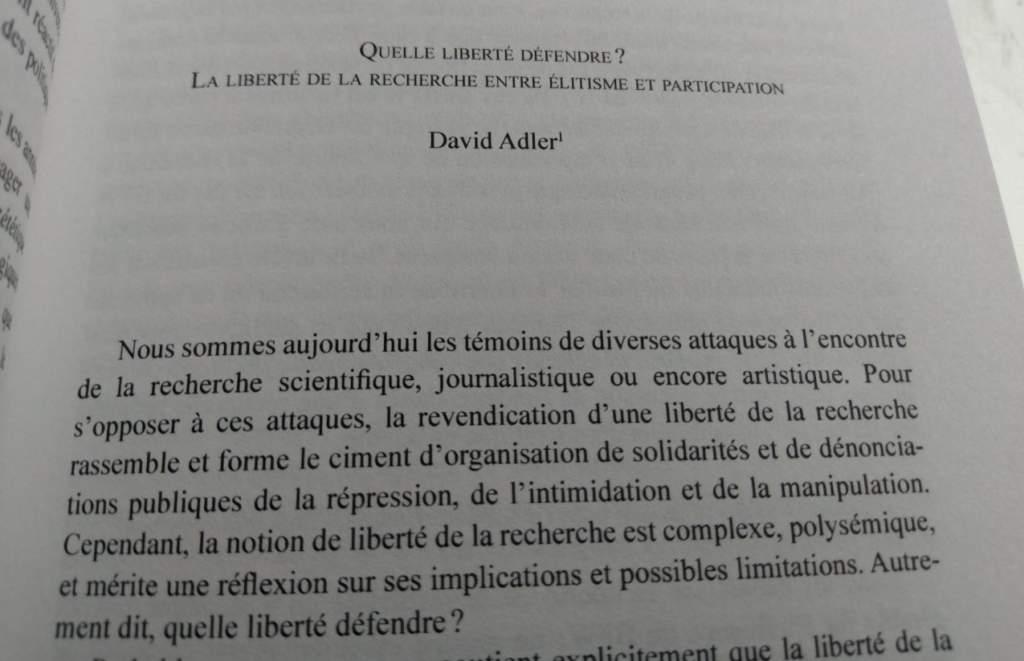Several days ago I saw the opportunity, that some of my sociological colleagues would move from twitter to the Fediverse. I started a simple list in this blog, to help them find each other. Thomas Haase then suggested making a CSV file from the list, to allow importing it in Mastodon. I thought, it would be nice to have a simple way of choosing whom to follow, so I wrote a very rustic webpage, that generates the CSV file based on your selection. As this was quite simple, I thought some friends could perhaps be interested in adepting it to their disciplines. I did not expect it to scale very much.
Continue reading “Academics on Mastodon – some notes on a minimal web app for creating customized following lists for the Fediverse”Academics on Mastodon – let’s connect!
Things are evolving quickly: This page is outdated. There is a new page which collaboratively gathers lists based on Academcis on Mastodon. Please visit https://github.com/nathanlesage/academics-on-mastodon.
How to find your academic peers on mastodon? Or discover new interesting researchers in your discipline? I started a list of sociologists, which now turned to a minimalistic web app that has been adapted for other disciplines. Here I try to give an overview over these different websites.
Continue reading “Academics on Mastodon – let’s connect!”Sociologists on Mastodon – a list
Since there has been an influx of sociologists on Mastodon in the last few days, I decided to create a list of sociogical accounts in order to facilitate networking. Before I get to it, I would like to point you to the group @sociology@a.gup.pe. It basically works like a retweet bot. If you mention it in your (sociologically relevant) post it will automatically boost the post to its followers. If we reach a criticall mass, it could make sense to creat subgroups by language (sociology_de, sociology_en, sociology_fr …), but for now I suggest to use it with any language you like.
Continue reading “Sociologists on Mastodon – a list”Call for Abstracts: Discourse & Critical Theory
Thematic Session at the DiscourseNet & ALED congress: Discourses and their impacts on a world of multiple crises | 25–28 July, 2023 | University of Valencia, Spain (PDF version)
From its beginnings, Critical Theory has developed a strong interest in language and in the relationship between the symbolic, our ways of thinking and material reality. Not only as a cultural element to enrich Marxist analysis, but also as a product and producer of social reality and of the subjects that inhabit it. The aim of this thematic session is to discuss the role of language within the variegated approaches within Critical Theory and to put it in dialogue with the most relevant contemporary currents within discourse studies (CDA, post-structuralism, post-foundationalism and others). Ultimately, the aim is to see to what extent contemporary discourse studies and Critical Theory can mutually enrich each other. In this thematic session we are interested in the relevance of these currents from a multidisciplinary perspective, including linguistics, sociology, philosophy, political science, aesthetics, cultural and communication studies, among others.
We invite you to send in abstracts of 250 words for our thematic session until November 30, 2022. Please use the DNC5 Conftool webpage: https://www.conftool.pro/dnc5aled-2023.
Feel free to contact us, if you have any questions concerning our thematic session: david.adler@uni-oldenburg.de.
Some thoughts on entropy in AI image generation
There has been an intense debate about image generation within the last weeks, after the technology has been made publicly available. After several proprietary programs have offered limited free tiers for some time, with stable diffusion an open-source model was published this August. One popular discussion has been the question, if the created images really can be compared to images created by human creativity. I don’t want to get into this discussion here. Rather my question is, what would happen in a next step: At the moment we talk about AI produced images as the output of the programs and deep learning models. But what happens if they become part of the very image databases the models are trained on? What if the AI generated images are fed back into the models for image generation? My hypothesis is, that this will produce entropy in the image generation process which, in the long run, will tend towards ever more noise.
Continue reading “Some thoughts on entropy in AI image generation”New publication on the freedom of research: Quelle liberté défendre?
A new article on elitist and democratic interpretations of the freedom of research has been published this week. (English draft version here.)

I just want to point to one argument put forward in the paper. This argument seems even more important today than two years ago, when I initially conceived it: The freedom of research does not presuppose a political abstinence from researchers. On the contrary, their contributions to public debates are one of the key sources for strengthening the freedom of research.
Continue reading “New publication on the freedom of research: Quelle liberté défendre?”
